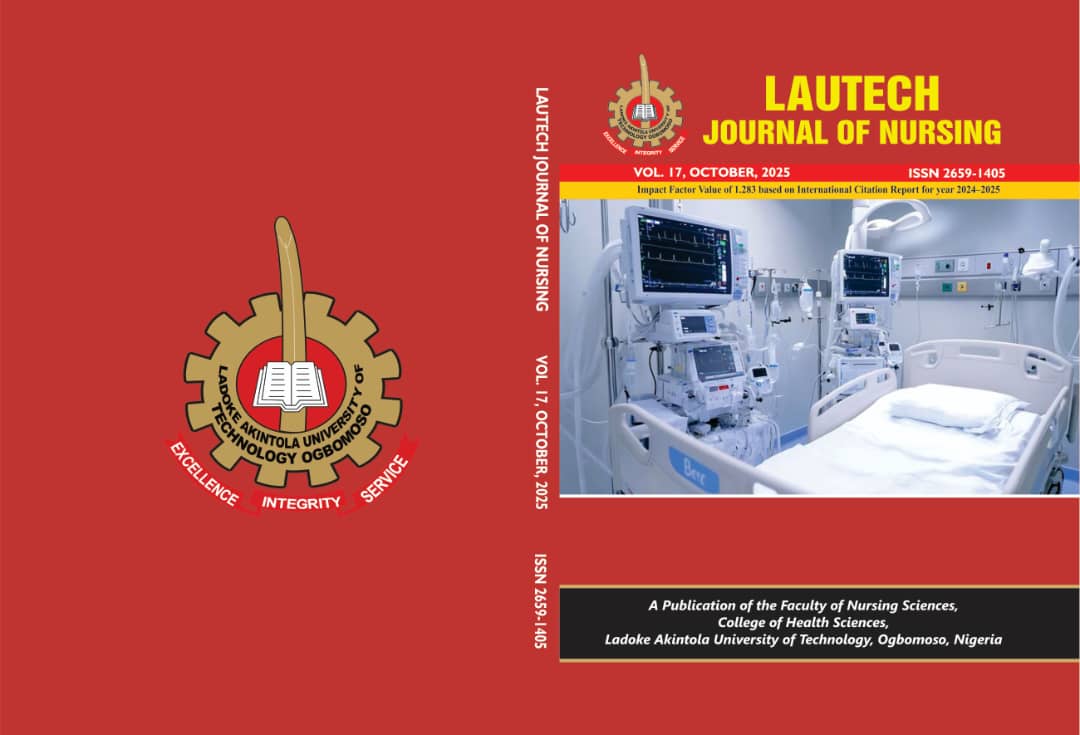Pregnancy impacts women’s health, and compliance with prescribed prenatal care medications can reduce negative outcomes. However, many pregnant women in developing countries, including Nigeria, do not comply with their medication regimens. This study assesses the factors associated with routine prenatal care medication compliance among pregnant women attending selected general hospitals in Lagos metropolis, Nigeria. A cross-sectional descriptive survey research design was adopted for this study and a multistage sampling method was employed for selecting the 365 respondents at selected general hospitals in Lagos metropolis. A validated self-developed questionnaire with a reliability coefficient value score of 0.73-0.80 was used to collect data. Descriptive and inferential statistics were utilized to analyze the data. This study indicate that majority of the respondents are within the ages of 21-30years (59%), married (78%), with secondary school certificates (65%) and husband also has secondary school certificates (51%). Majority of the respondents are self employed (59%), Christian religion (80%), able to buy medication (96%) and perceived distance between home and hospital is more than 20 minutes’ walk (66%). This study observe that respondents’ attitude (50.5%) is a factor associated with routine prenatal care medication compliance among pregnant women attending selected general hospitals in Lagos metropolis, Nigeria, while This study reveal that respondents’ knowledge of prescribed prenatal care medications is not a factor (39.3%) and respondents’ self-efficacy (49.4%) are not factors.
- SALAMI | RAMOTA | AJOKE | salami0005@pg.babcock.edu.ng | 08076422148, SOWUNMI | CHRISTIANA | OLANREWAJU | sowunmicpg.babcock.edu.ng | +234 705 091 6896, OYELEYE | OLUWATOSIN | ROSEMARY | ooyeleye@aul.edu.ng | 07066180060
- Factors: Routine; Prenatal Care; Medication Compliance; Pregnant Women; General Hospitals
- FACTORS ASSOCIATED WITH ROUTINE PRENATAL CARE MEDICATION COMPLIANCE


